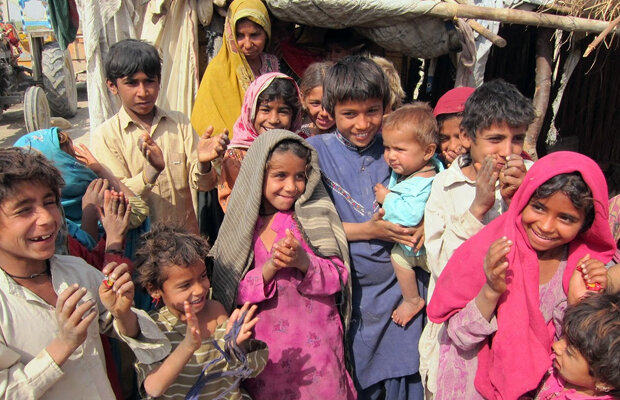
Similar Posts
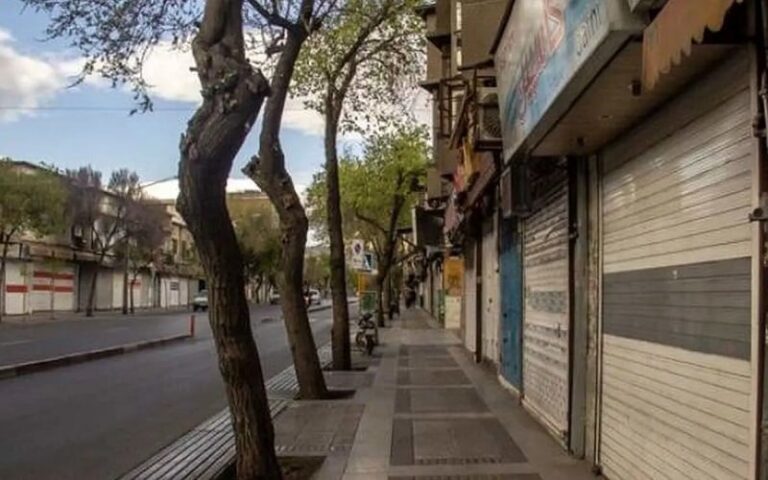
Iran Grapples with Economic Turmoil: Widespread Closures Spark Social Unrest
Iranian schools have experienced 24 days of closures in recent months due to energy shortages, air pollution, and adverse weather. Observers contend that these disruptions highlight deeper issues, including systemic corruption within the regime. Authorities have also closed universities and government offices, citing environmental concerns, but analysts suggest these actions reflect a broader crisis, likening it to “soft martial law.” The closures have severely affected education quality, with challenges in remote learning due to power outages and low internet speeds. As economic strains mount, many fear these measures may be attempts to suppress potential protests amid rising social unrest.
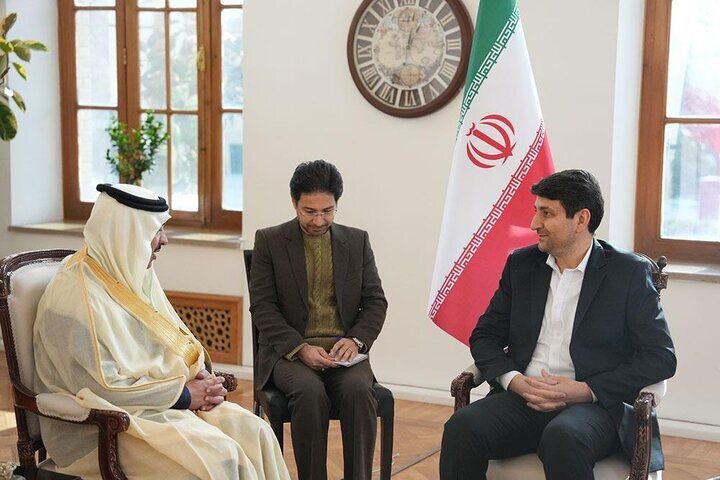
Tehran and Riyadh Urged to Strengthen ICT Collaboration for Future Growth, Says Minister
Iran’s ICT Minister, Sattar Hashemi, and Saudi Ambassador Abdullah bin Saudi Al-Enzi recently met to discuss enhancing cooperation in the ICT sector. They emphasized the need for robust data transit routes connecting Iran, Saudi Arabia, the Mediterranean, and Africa, along with collaboration on communication infrastructure, cybersecurity, and e-government initiatives. Both nations expressed readiness to share expertise and facilitate exchanges in ICT. This dialogue builds on previous discussions aimed at leveraging mutual resources, expanding messaging platforms, and supporting startups. Their cooperation could lead to significant advancements and foster regional stability through technological innovation and economic growth.

Revolutionizing Careers: How AI is Shaping the Future of Work
The future of work is being transformed by artificial intelligence (AI), which enhances productivity and creativity rather than replacing jobs. AI tools like ChatGPT and Copilot allow professionals to focus on strategic thinking, driving a shift towards hybrid roles that combine technical and creative skills. Workers who adapt and commit to lifelong learning will thrive, as AI lacks essential human qualities like judgment and empathy. Careers in fields requiring interpersonal connections will remain vital. Ultimately, AI is reshaping roles, emphasizing collaboration between humans and machines, presenting opportunities for innovation and growth in the professional landscape.
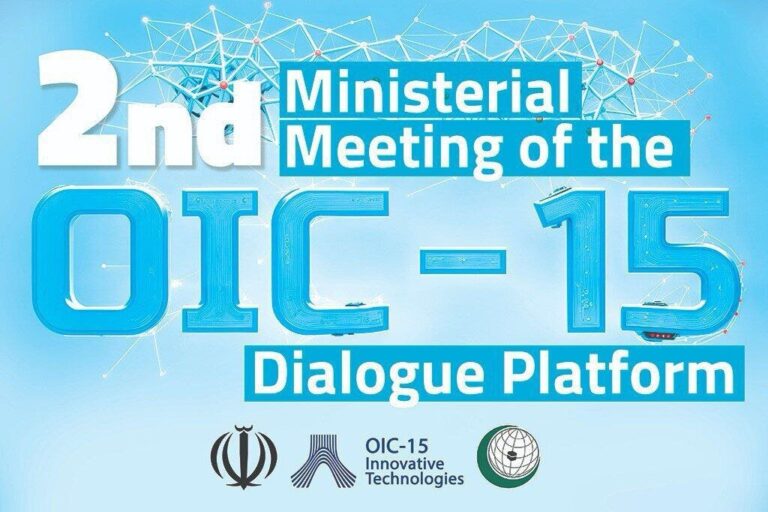
Tehran Set to Host 2nd OIC-15 Ministerial Meeting: A Key Dialogue Platform for Global Cooperation
The Second Ministerial Meeting of the OIC-15 Dialogue Platform in Tehran, starting tomorrow, will focus on leveraging artificial intelligence (AI) for regional cooperation and technological advancement among Islamic nations. The event, themed ‘Innovation in Science and Technology through AI,’ will feature the approval of a multilateral document on AI, expert panel discussions, and an exhibition showcasing Iran’s technological advancements. Key goals include enhancing scientific capabilities, addressing environmental challenges, and fostering strategic partnerships. This meeting aims to promote innovation and economic development, marking a pivotal step towards improving the technological landscape in the Islamic world.
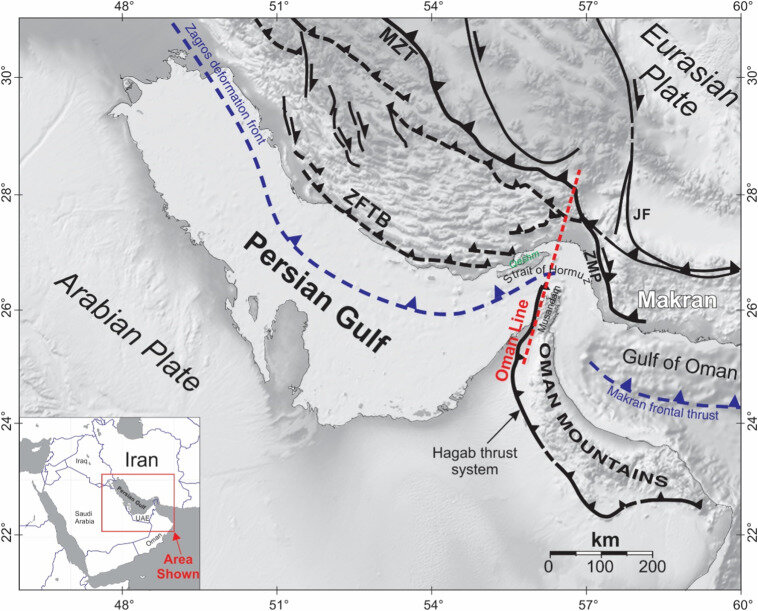
Impact of Saudi Arabia and Qatar’s Oil and Gas Extraction on Southern Persian Gulf Earthquakes
Seismic activity has increased in the southern Persian Gulf and along the Saudi Arabia-Qatar border, with seven earthquakes of magnitude 4 to 5 recorded between March 1 and April 5, 2025. These events may be linked to hydrocarbon extraction, which can alter subsurface stress and reactivate faults. The Arabian Plate’s northeast movement contributes to regional seismic activity, and fault dynamics, combined with intensive oil production, raise concerns about induced earthquakes. While no major seismic incidents have been reported, the risk remains significant, requiring ongoing monitoring and risk assessment to protect infrastructure and ensure safety in this seismically active region.
